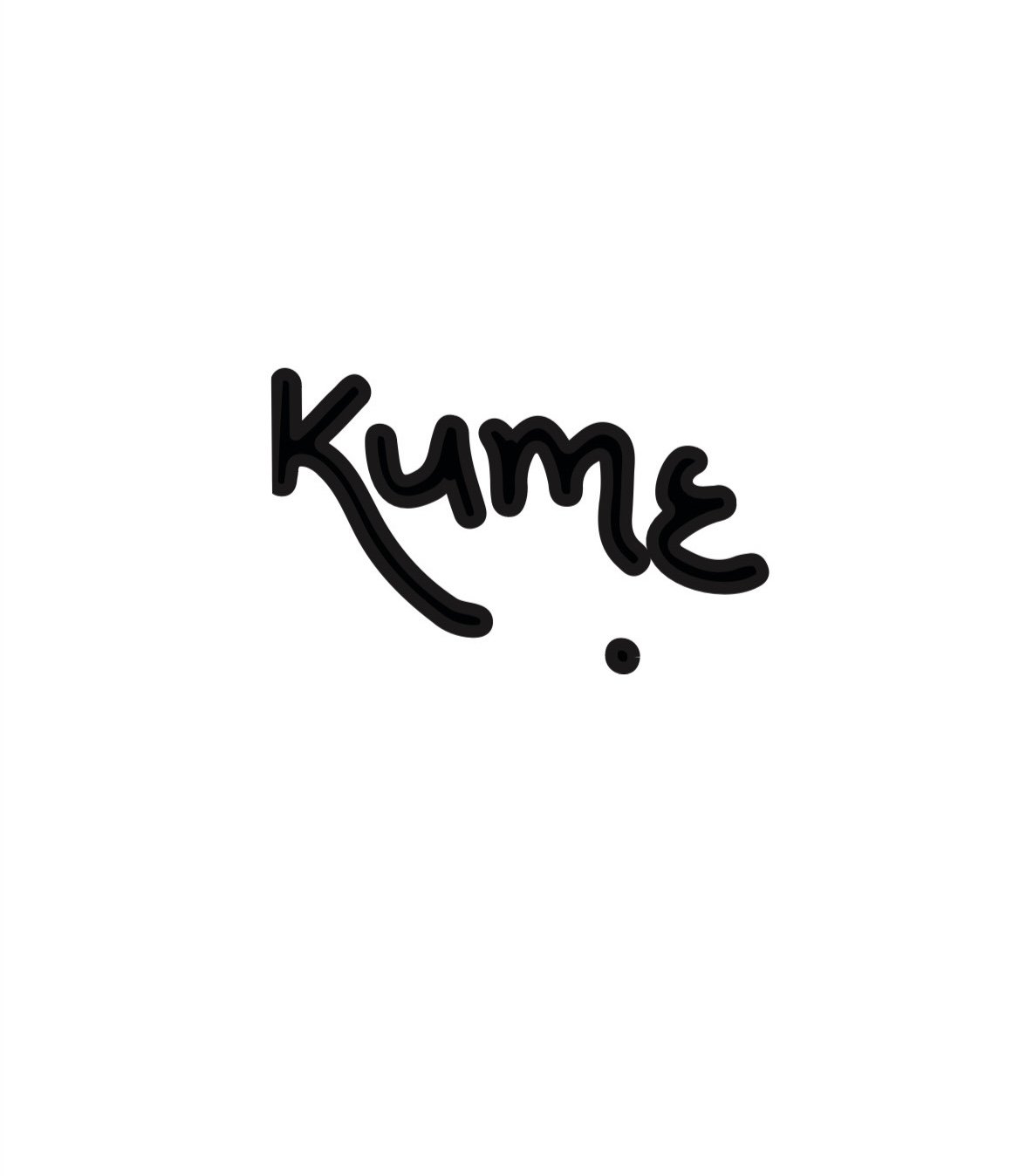Affirming Our Stories
3 min read
Photo by Kewulay Kamara
Growing up, my parents would carve out time on Sundays for us to gather as a family and discuss the week ahead. Sometimes, our conversations were over a home-cooked meal in our living room, and other times they were on a drive home from an outing. My parents would ask my younger brothers and me what we were looking forward to in the coming week and what we felt most proud of from the prior week. Their questions allowed us to express our feelings, reflect on what had happened, and speak positively over what could happen.
As an adult, I have found ways to continue this ritual on my own—one of them being journaling. I start most mornings by brewing a cup of tea and taking a moment to journal. One of my favorite prompts is, what would make today great? I am drawn to this prompt because it resembles my parents' question, what are you looking forward to this week? With this prompt, I am able to focus on the positive and prime my brain to take on whatever good I have claimed for myself for the day.
My parents’ routine and the one I’ve adopted are practices of affirmation. An affirmation is a statement of what we want in our life. It is an expression of a desired outcome. When my parents asked my brothers and me what we were looking forward to, they were showing us we can shape our reality, starting with what we say. Our words are stories, and our everyday life tells a story about ourselves and the world around us. As Cheryl Strayed, New York Times best-selling author of Wild, states, "There are stories hidden in the language we use, whether we are conscious of them or not. They tell the truths in our hearts and minds." We can have freedom and agency over our futures, starting with the stories we affirm and tell in the present.
Having an affirmation practice allows us to become aware of the images and ideas we have of the future. When we know these images, we can better align our actions with our desired reality. Even if the outcome isn't what we thought it would be, the practice of affirming can make us anticipate other things and be open to possibilities. I remember when I first launched the Kume: Turning Point Diaries podcast, I would often journal about the number of downloads per episode I wanted. I imagined the emotions I would feel seeing that number and would write about it. The number of downloads signified a growing listenership and that people were finding value in the content. It was an intention and truth I aspired to absorb into my life. This number served as a goalpost and pushed me to be consistent with producing a show rich in authenticity and quality to grow my podcast audience. Although I have yet to reach my desired number of downloads per episode, good things continue to come my way. Whether it's heartwarming podcast reviews, messages from listeners, or SquareSpace featuring the podcast in its marketing campaign in The New York Times, the value of affirmation is powerful.
Every day is an opportunity to practice saying what we want and the feeling we want to experience and imagining all the best things that could happen. Master storyteller and worldly scholar Kewulay Kamara graciously shared on the podcast (S1EP11) how he speaks positively over his day:
I tell myself today is the best day in the world. The creator of the heavens and earth has never created a day so beautiful. So whatever is out there, whatever is unexpected, is an opportunity for me to find out why it is that way. Ask the right question, and I will get the answers.
This is not to say that affirmation is a magic pill that will make our day rosy, but it can make our desire real and inspire us to engage in activities that make the day better. We can gift ourselves the possibility of a good day by saying positively what we want our day to be.
Today is a beautiful day!
A day of possibility awaits you.
For more on the discipline of anticipation and affirmation, listen to S3EP5: Creating a Life of Freedom and Choice.
Sign up for our newsletter and be FIRST to receive updates, exclusive content, and much more.

